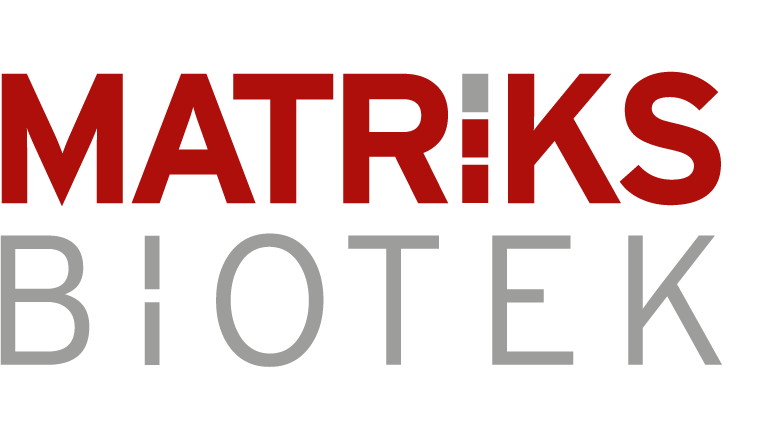Antibodies to denosumab are a subset of anti-drug antibodies (ADAs) that may develop in patients receiving denosumab therapy. These antibodies can potentially neutralize the biological activity of denosumab by binding to its active sites, thereby interfering with its ability to inhibit RANKL (Receptor Activator of Nuclear Factor Kappa-B Ligand). RANKL plays a critical role in bone resorption, and denosumab’s therapeutic effect hinges on blocking this pathway to reduce osteoclast activity and increase bone mass.
In a clinical and research context, monitoring for anti-denosumab antibodies is important to evaluate treatment efficacy, safety, and patient-specific immune responses. The presence of these antibodies can affect pharmacokinetics, diminish therapeutic benefit, or contribute to adverse immune reactions. Accurate detection through therapeutic drug monitoring (TDM) and ADA assays provides essential data for adjusting treatment regimens and ensuring continued efficacy in conditions like metastatic bone disease and osteoporosis.
Immunogenicity profiling is especially significant with biologics such as denosumab, which are structurally complex and produced through recombinant technology. Small variations in manufacturing can alter immunogenicity, making antibody surveillance a crucial component of long-term biologic therapy management. Research applications of anti-denosumab biomarker data include refining biosimilar development, improving therapeutic outcomes, and enhancing understanding of host immune interactions with monoclonal antibody treatments.
This product is manufactured in Turkey by Matriks Biotek.

